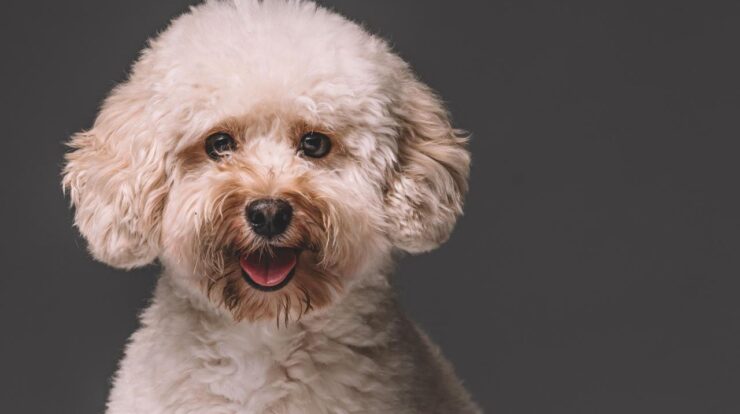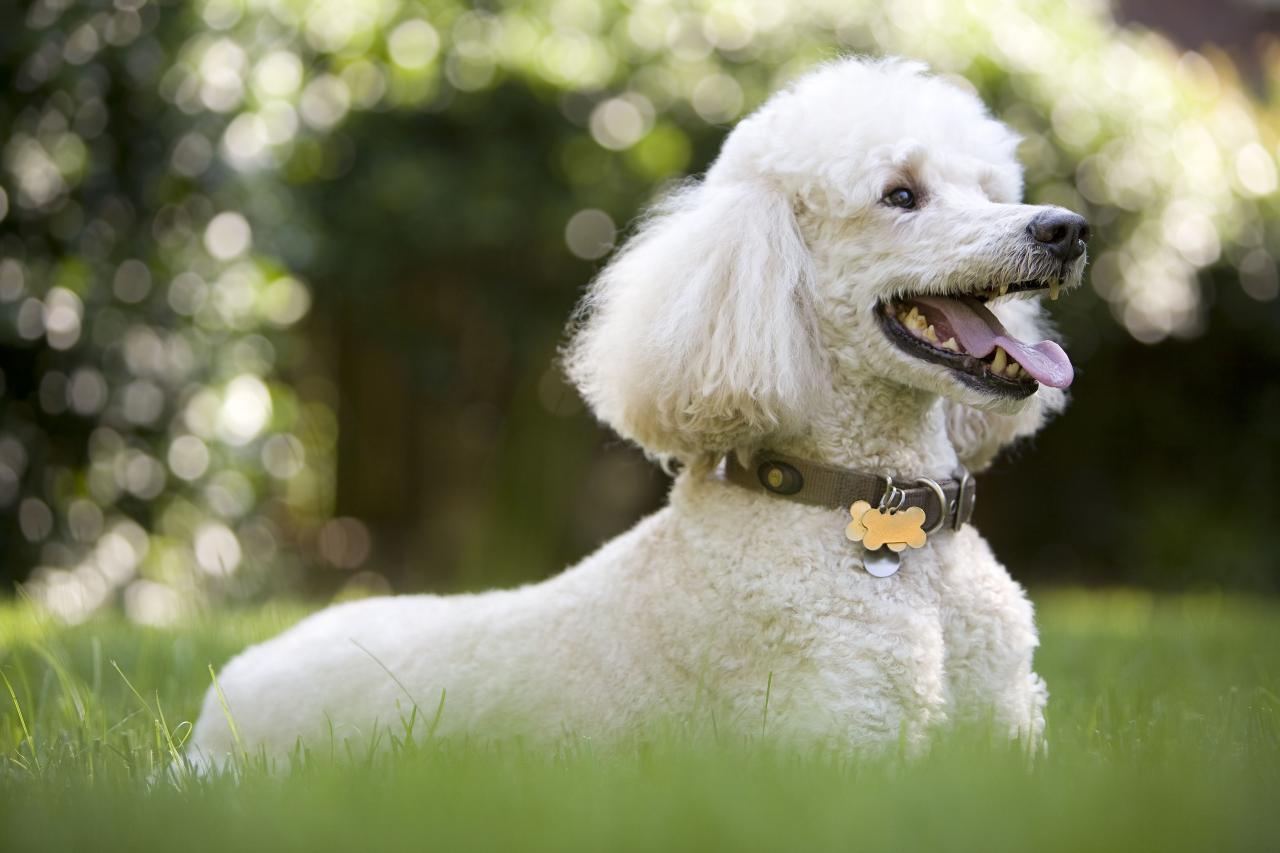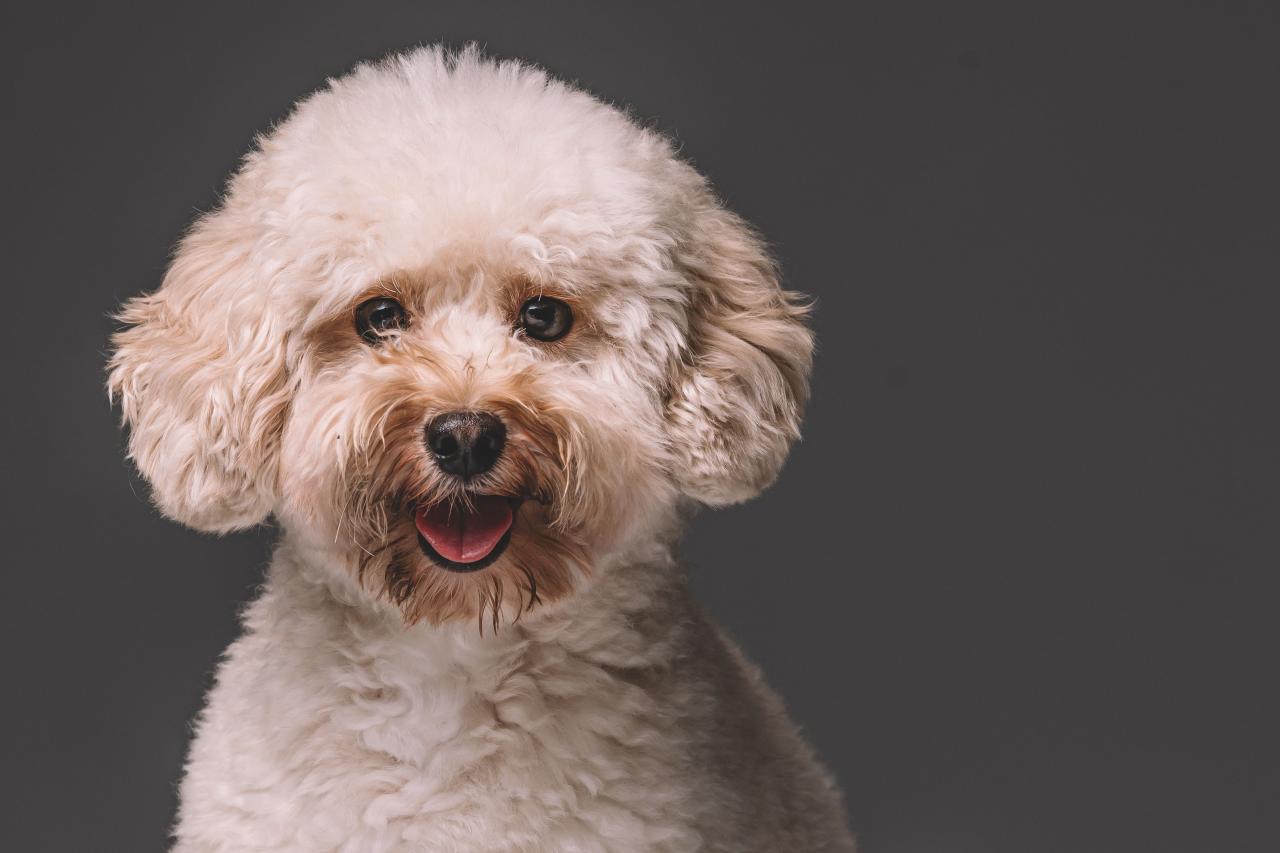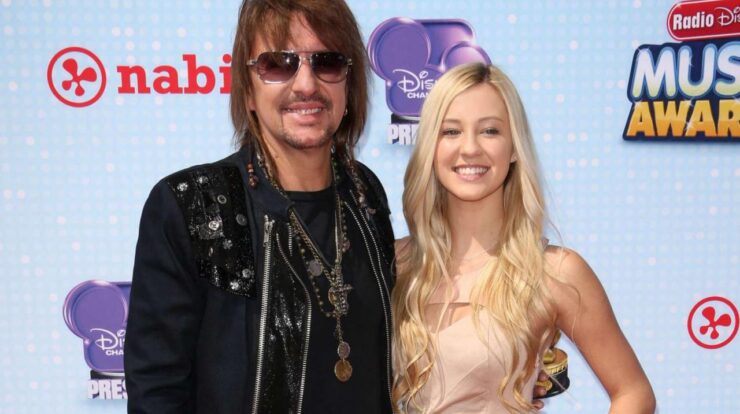
Poodle meaning encompasses a rich history, distinct physical traits, and an endearing temperament. From their origins as water retrievers to their modern-day status as beloved companions, poodles have captivated hearts for centuries.
Their intelligence, loyalty, and adaptability make them exceptional dogs, while their unique grooming requirements and health considerations demand specialized care. This comprehensive guide delves into the multifaceted world of poodles, providing insights into their history, characteristics, and the essential aspects of their well-being.
Historical Origins

The poodle, a distinctive and iconic breed, has a rich history dating back centuries. Originating in Europe, the poodle is believed to have descended from water dogs used for retrieving waterfowl.
In the 16th century, poodles became popular as companions to the French nobility. Their intelligence and elegant appearance made them highly sought after. By the 18th century, the breed had spread throughout Europe and beyond.
Over time, the poodle was developed into three distinct size variations: standard, miniature, and toy. Each size served different purposes, from hunting to companionship.
Physical Characteristics
Poodles are known for their striking appearance, characterized by their distinctive coat and athletic build.
The poodle’s coat is curly and dense, coming in a variety of colors including black, white, brown, and apricot. The coat requires regular grooming to maintain its distinctive appearance.
The poodle comes in three size variations:
| Size | Height | Weight |
|---|---|---|
| Standard | Over 15 inches | 45-70 pounds |
| Miniature | 10-15 inches | 10-15 pounds |
| Toy | Under 10 inches | 4-6 pounds |
Temperament and Personality

Poodles are renowned for their intelligence and trainability. They are highly responsive to commands and eager to please their owners.
Poodles are loyal and affectionate companions, forming strong bonds with their families. They are known for their playful and energetic nature, making them excellent playmates for children.
While poodles are generally friendly, they can be aloof towards strangers and may require socialization to prevent shyness or aggression.
Health and Care: Poodle Meaning
Poodles are generally healthy dogs, but like all breeds, they are prone to certain health issues.
Common health concerns in poodles include hip dysplasia, eye problems, and skin allergies. Regular veterinary checkups and preventive care are essential to maintain the health and well-being of poodles.
Poodles require regular exercise and mental stimulation to stay healthy and happy. They enjoy activities such as swimming, retrieving, and agility training.
Training and Activities
Poodles are highly trainable and excel in various canine sports and activities.
Effective training methods for poodles involve positive reinforcement and consistency. They respond well to praise and rewards for good behavior.
Suitable activities for poodles include obedience training, agility, retrieving, and dock diving. They are also known for their exceptional performance in water sports.
Grooming and Appearance
Poodles require regular grooming to maintain their distinctive appearance.
The poodle’s coat should be brushed and combed daily to prevent mats and tangles. Professional grooming every 4-6 weeks is recommended for a complete bath, trim, and style.
There are various grooming styles for poodles, including the traditional “lion cut,” the “continental cut,” and the “puppy cut.” The choice of style depends on the owner’s preference and the dog’s individual characteristics.
Last Word
In conclusion, poodle meaning extends beyond their charming appearance and playful nature. Their historical significance, distinct physical features, and trainable personalities make them remarkable companions. By understanding their unique needs and providing them with proper care, owners can foster a fulfilling and lasting bond with these extraordinary dogs.
Q&A
What is the origin of the poodle breed?
Poodles originated in Germany as water retrievers, with their distinctive coat providing insulation and buoyancy.
What are the different size variations of poodles?
Poodles come in three size variations: standard, miniature, and toy.
Are poodles hypoallergenic?
Yes, poodles are considered hypoallergenic due to their low-shedding coat.
What are the common health issues associated with poodles?
Common health issues in poodles include hip dysplasia, bloat, and eye problems.
What are the unique grooming requirements for poodles?
Poodles require regular brushing and professional grooming to maintain their distinctive coat.




